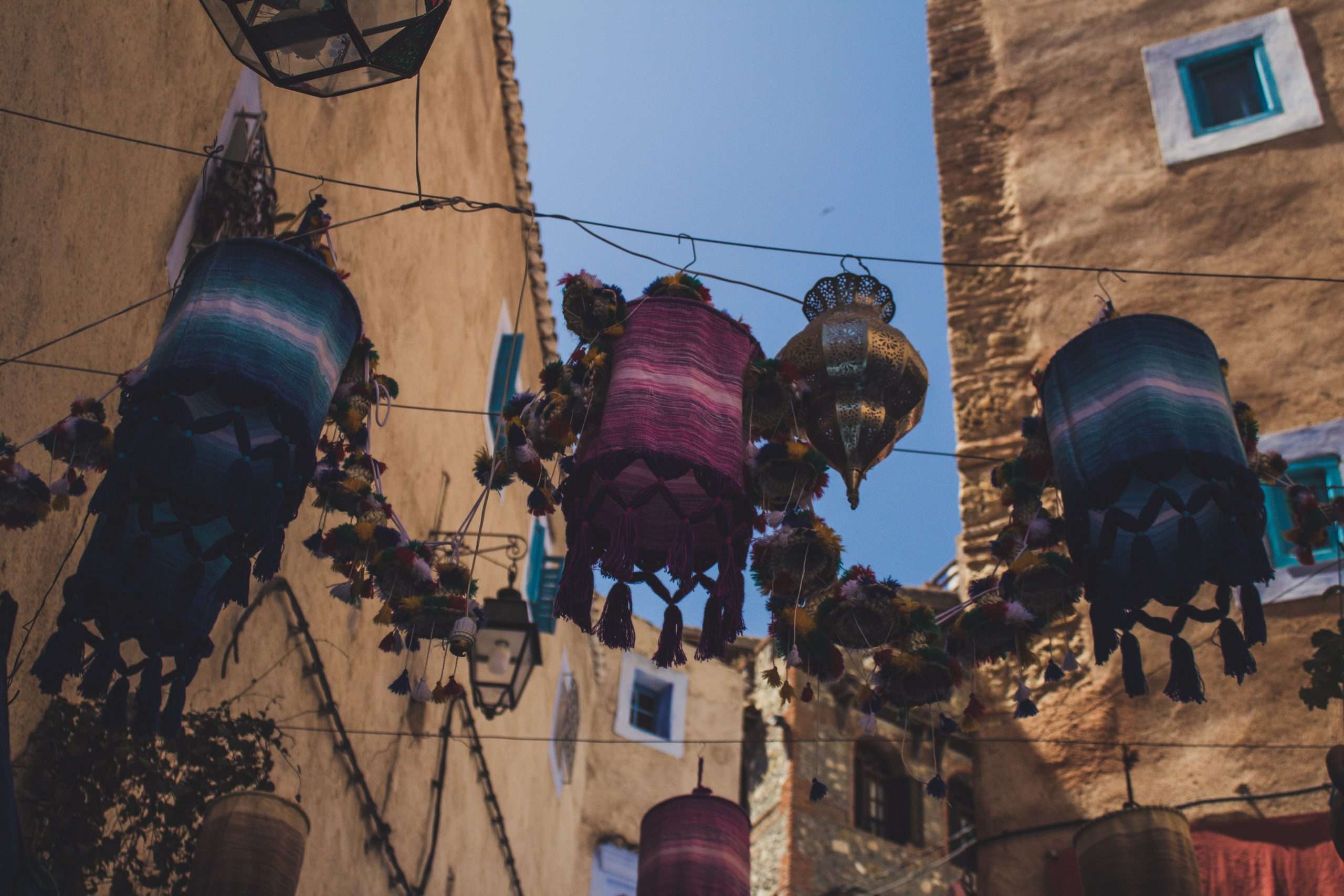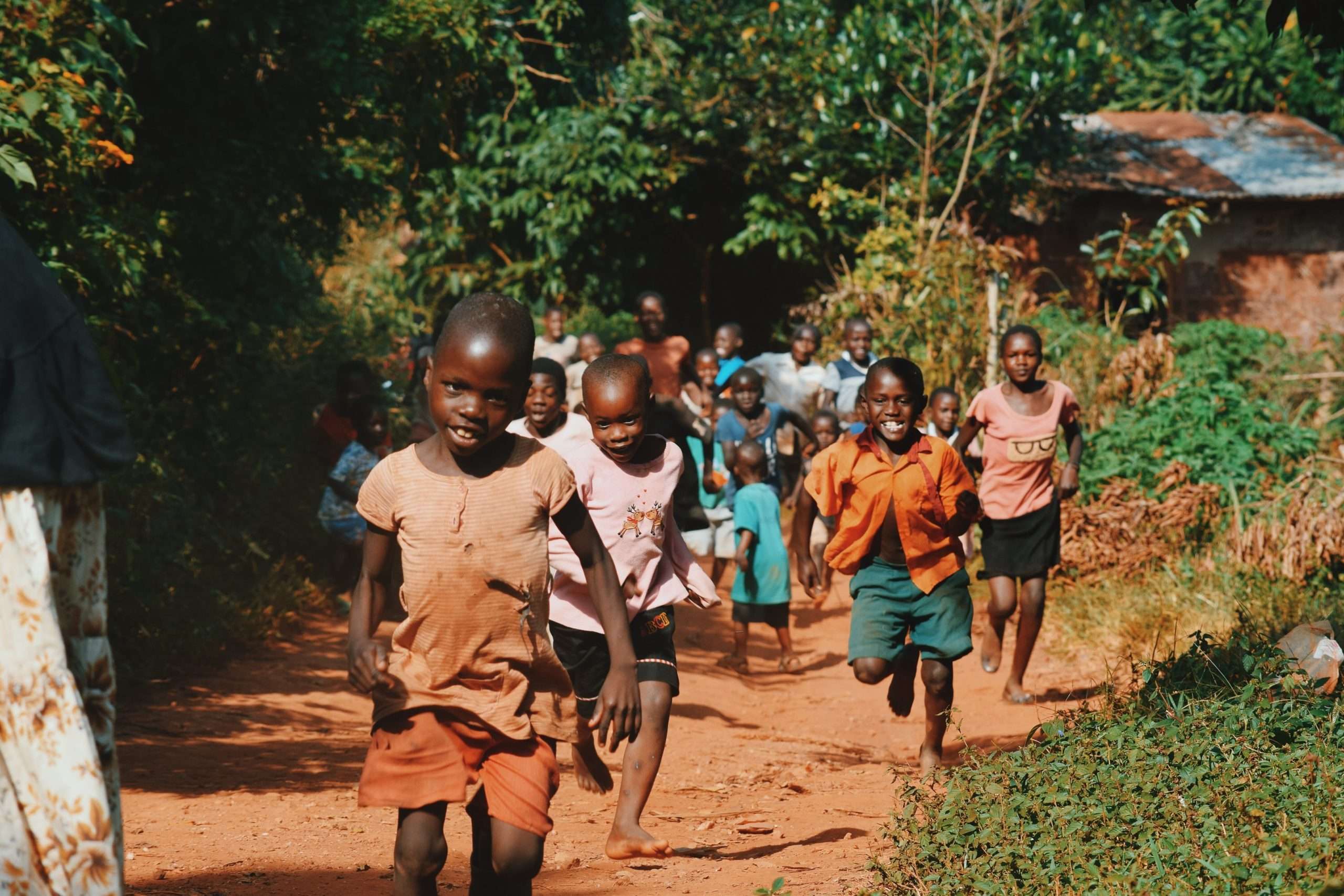The Transformation of Rural African Villages in The Past 20 Years
Magnificent Transformation of Rural African Villages in The Past 20 Years. Poverty and lack of amenities have been a part of the African rural landscape for many years, but in the past two decades, there has been an inspiring transformation. Villages that were once lacking basic infrastructure such as sanitation systems and electricity now have access to these essential services.
Through improved agricultural techniques, better access to education and a focus on sustainable development, rural African villags have seen immense growth in the past twenty years. In this blog post, we will explore some of the changes that have taken place in rural African villages throughout the past two decades and how they are making a positive impact on their communities.
The Problem: Poverty and Poor Infrastructure in Rural African Villags
Poverty and poor infrastructure are two of the main problems facing rural African villags. In many cases, villagers have to walk long distances to fetch water or firewood, and they often don’t have access to basic medical care. This can lead to a vicious cycle of poverty and poor health.
In recent years, however, there has been a magnificent transformation of rural African villages. Thanks to international aid and government initiatives, many villages now have access to clean water, decent schools, and good healthcare. This has had a profound impact on the lives of villagers and is helping to break the cycle of poverty.

The Solution: Improved Infrastructure and Economic Development
In the past years, there has been a magnificent transformation of rural African village. This is due to improved infrastructure and economic development.
In the past, many rural African villags were isolated from the rest of the world. This was due to a lack of roads, bridges, and other infrastructure. This made it difficult for people to get goods and services from outside the village.
However, in recent years, there has been a marked improvement in infrastructure in rural African villages. This has made it easier for people to get goods and services from outside the village. In addition, this has also made it easier for businesses to operate in these villages.
Due to improved infrastructure and economic development, many rural African village have seen a transformation in their way of life. There are now more opportunities for people to earn an income and improve their standard of living. In addition, there are more schools and health care facilities in these villages.
The Result: Improved Quality of Life for Rural Africans
In the past years, there has been a magnificent transformation of rural African village. This is largely due to the work of international organizations and NGOs that have improved quality of life for rural Africans. These organizations have provided access to clean water, sanitation, education, and health care. They have also worked to improve economic opportunities for rural Africans. As a result of these efforts, rural Africans are now living longer, healthier lives. This has led to a decrease in poverty and an increase in opportunities for economic development.
How You Can Help
In recent years, rural African villags have undergone a magnificent transformation. Thanks to the work of dedicated NGOs and other organizations, many villages now have access to clean water, sanitation facilities, and improved healthcare. But there is still more work to be done in order to bring these villages up to the standards of living enjoyed by urban dwellers.
You can help support the work being done in rural African villages by making a donation to an organization working on development projects in the region. You can also volunteer your time or skills to help with specific projects. And finally, you can spread the word about the amazing progress that is being made in rural Africa, and encourage others to support the efforts to improve living conditions for all Africans.
Rural African Villages and Development
Rural African villages are home to a majority of the continent’s population, and they are essential to Africa’s development. However, rural villages often face significant challenges, including poverty, hunger, and lack of access to basic services such as education, healthcare, and clean water. Despite these challenges, rural African villages have the potential to be engines of economic growth and development. Here are some ways to promote development in rural African villages:
Invest in agriculture
Invest in agriculture: Agriculture is the backbone of many rural African economies. By investing in agriculture, governments and donors can help to increase food production, create jobs, and boost incomes in rural villages.
Improve access to markets
Improve access to markets: Rural farmers often face difficulty accessing markets for their products. Governments and donors can help to improve access to markets by building roads, investing in transportation infrastructure, and providing farmers with access to information and technology.
Promote non-farm livelihoods
Promote non-farm livelihoods: Agriculture is not the only source of income in rural African villages. Governments and donors can help to promote non-farm livelihoods, such as tourism, handicrafts, and small businesses.
Invest in education and healthcare
Invest in education and healthcare: Education and healthcare are essential for improving the lives of rural Africans. Governments and donors can invest in education and healthcare by building schools and clinics, providing scholarships and financial aid, and training healthcare workers.
Empower women and youth
Empower women and youth: Women and youth play a vital role in rural African communities. Governments and donors can empower women and youth by providing them with access to education, skills training, and resources.
Here are some examples of successful development projects in rural African villages:
The Millennium Villages Project
The Millennium Villages Project (MVP) is a United Nations-led initiative to improve the lives of rural Africans through integrated development. The MVP has been implemented in over 14 countries in Africa, and it has helped to improve access to education, healthcare, water, sanitation, and agriculture in rural villages.
The Village Savings and Loan Associations
The Village Savings and Loan Associations (VSLAs) are self-help groups that provide rural Africans with access to savings and credit services. VSLAs have helped rural Africans to start businesses, invest in agriculture, and improve their livelihoods.
The One Laptop per Child program
The One Laptop per Child program provides low-cost laptops to children in developing countries. The One Laptop per Child program has been implemented in several African countries, and it has helped to improve access to education and technology in rural villages.
These are just a few examples of how to promote development in rural African villages. By investing in agriculture, improving access to markets, promoting non-farm livelihoods, investing in education and healthcare, and empowering women and youth, governments, donors, and the private sector can help rural African villages to reach their full potential.
Conclusion
It is inspiring to see the magnificent transformation of rural African villags that have taken place over the past 20 years. These changes are largely due to increased government funding, more access to technology and resources, and a commitment by those in power to make meaningful change. While much work remains to be done, these remarkable accomplishments should serve as a reminder of what can be accomplished when there is collective effort towards progress. Moving forward it will be essential that we continue investing in rural communities while also developing new strategies for sustainability and economic growth.


3 thoughts on “Magnificent Transformation of Rural African Villages in The Past 20 Years”